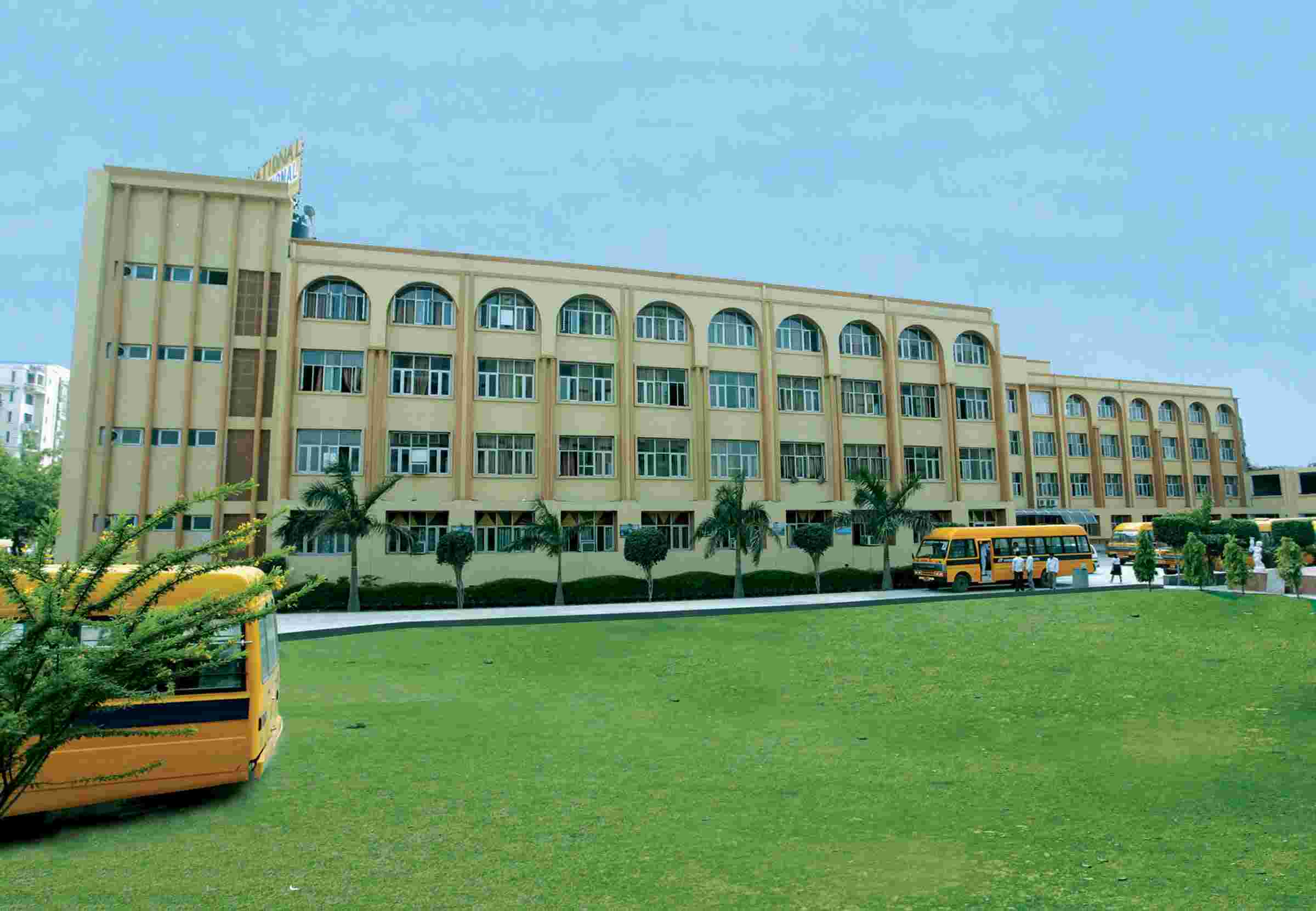
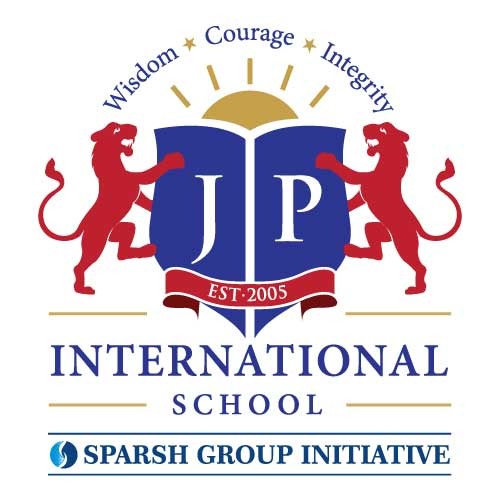
T:+91 7669-933-404
Email: [email protected]
Plot 3A, Sector Omega 1, Near Pari Chowk, Greater Noida, GB Nagar, Pin Code 201308


T:+91 7669-933-404
Email: [email protected]
Plot 3A, Sector Omega 1, Near Pari Chowk, Greater Noida, GB Nagar, Pin Code 201308

Aristotle once said, “For the things we have to learn before we can do them, we learn by doing them.”If you see, this saying perfectly sums up the importance of hands-on learning as one of the best possible approaches to education. Hands-on learning, also known as experiential learning, is the way of imbibing knowledge through undertaking varied activities including role-playing, task simulations, problem-solving exercises, and more so.
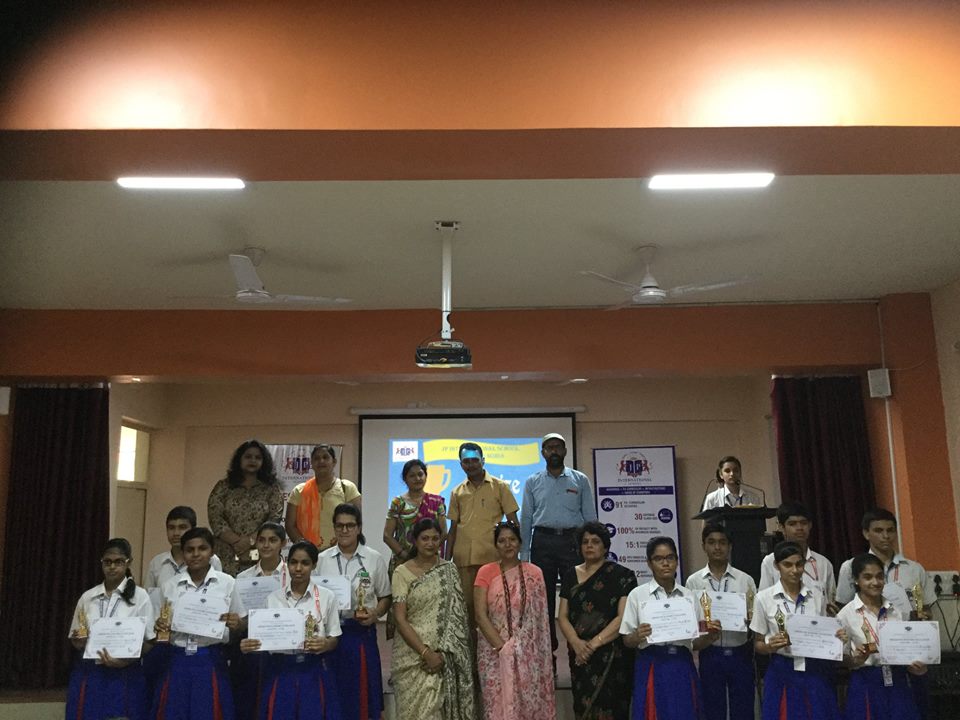
For a long time, people all over the world have advocated that there is no substitute for activities that let kids engage their minds as well as hands. But now, people have started to realize the significance of gaining practical knowledge overt textual learnings. We, at the JP International School, a top ranked international school in Greater Noida, have practically noted the benefits of making kids learn hands-on through our innovative pedagogy and teaching approaches. The practical mode of learning at JPIS has always turned out effective results regardless of which standard the kids are studying in. The following are some of the benefits of hands-on learning as noticed by us through our pupils.
The goal of imparting knowledgeis basically to ensure its retention and eventual application. But what’s the use if the very purpose fails? Research has shown that the learners retain only 5% of the study material which is taught through lectures as opposed to 75% when taught hands-on. This indicates the significance of hands-on learning in better retention of knowledge. We believe that letting a child touch and feel the flowers and leaves is a better way of teaching photosynthesis than simply repeating definitions from the textbooks. That way, the children need not mug up the chapters or have to be goaded into learning. The process of learning turns more organic and continuous when children are made to engage their sensory receptors with it.
One of the biggest advantages of hands-on learning is that it leads to an increased interaction between the teacher and the students. Our hands-on training methods lead to a live classroom environment where children are not passive listeners but rather active participants in the processas their minds are continually stimulated. Feedback and queries of students are encouragedas part of the training and that helps to form a bond between the teachers and students which is crucial to the success of theinitiative of experiential learning.
“Practice makes a man perfect” is surely a much-known cliché but it is a proven aspect of any form of learning. Hands-on methods provide the ideal opportunity for practicing the lessons learned in class. When learning offers the prospect of practice, the learners are more likely to be able to better perform the skills and knowledge that they have imbibed in the class. The sole purpose of enabling hands-on learning by means of establishing world-class laboratories in our premises is to ensure that learning never stops at the class and the students can actually test out the theories and the ideas that they have learned in the course.
School education today has undergone a drastic transformation and the focus now is increasingly shifting towards making the pupils aware of the real-world situationsrather than making them stick to the theories and concepts written in the books. One of the prime advantages of hands-on methods is that it makes the students well acquainted with the real-world scenario where theories never exactly play out like the textbooks and mistakes are common. For instance, when we ask the students for creating the setup for a complex physics or chemistry assignment, we expect them to make mistakes. But, we also understand that they will learn and be more acquainted with the real-world hindrances to testing out the concepts and thus, they will be able to achieve the knowledge that is more practical than merely theoretical.
In hands-on training methods, the children are presented with several challenges and obstacles. The students work through these environments leading to an enhancement of their natural problem-solving abilities. Integrating hands-on problem-solving activities into a live classroom environment also lets learners to ask for assistance from the teachers and confer with the peers to further improve the problem-solving skills. We feel this is a good way to help the students become betterarmed to deal with any kind of problems in the times to come.
We, at the JP International School, believe that making students engaged and interested in learning should be one of the prime objectives of school education and that is exactly what we aim to achieve through our hands-on learning methods.
- JP International School13 May 2024
They make sure children are ready for what's to come by encouraging adaptability, a growth mental...
11 May 2024
Choosing a top school near me, like J.P. International School, is crucial to success. Premier sch...
6 May 2024
As you strive to enhance your child's education, keep in mind that the route may be meandering an...
25 April 2024
Teachers have the opportunity to improve their craft and keep up with new developments in the fie...
20 April 2024
It is important to give priority to characteristics such as exceptional learning environments, hi...
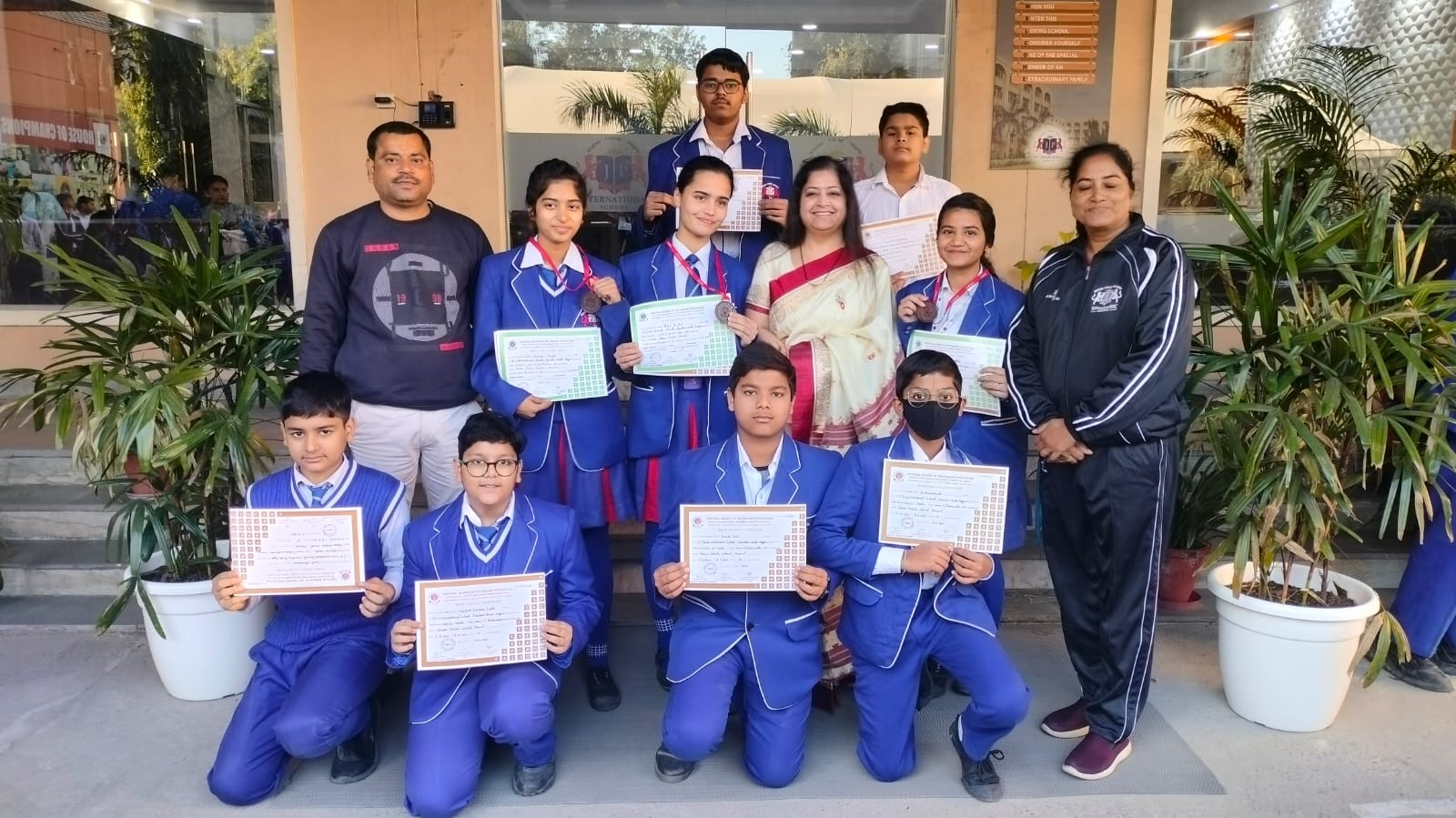 8 December 2022
8 December 2022
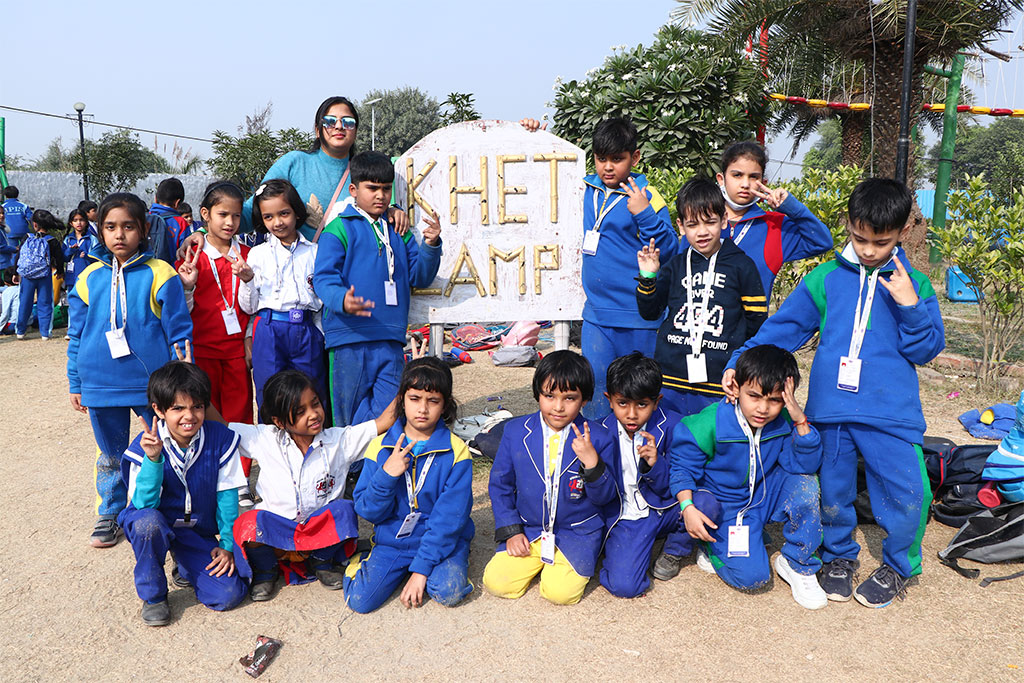 2 December 2022
2 December 2022
 21 July 2022
21 July 2022
